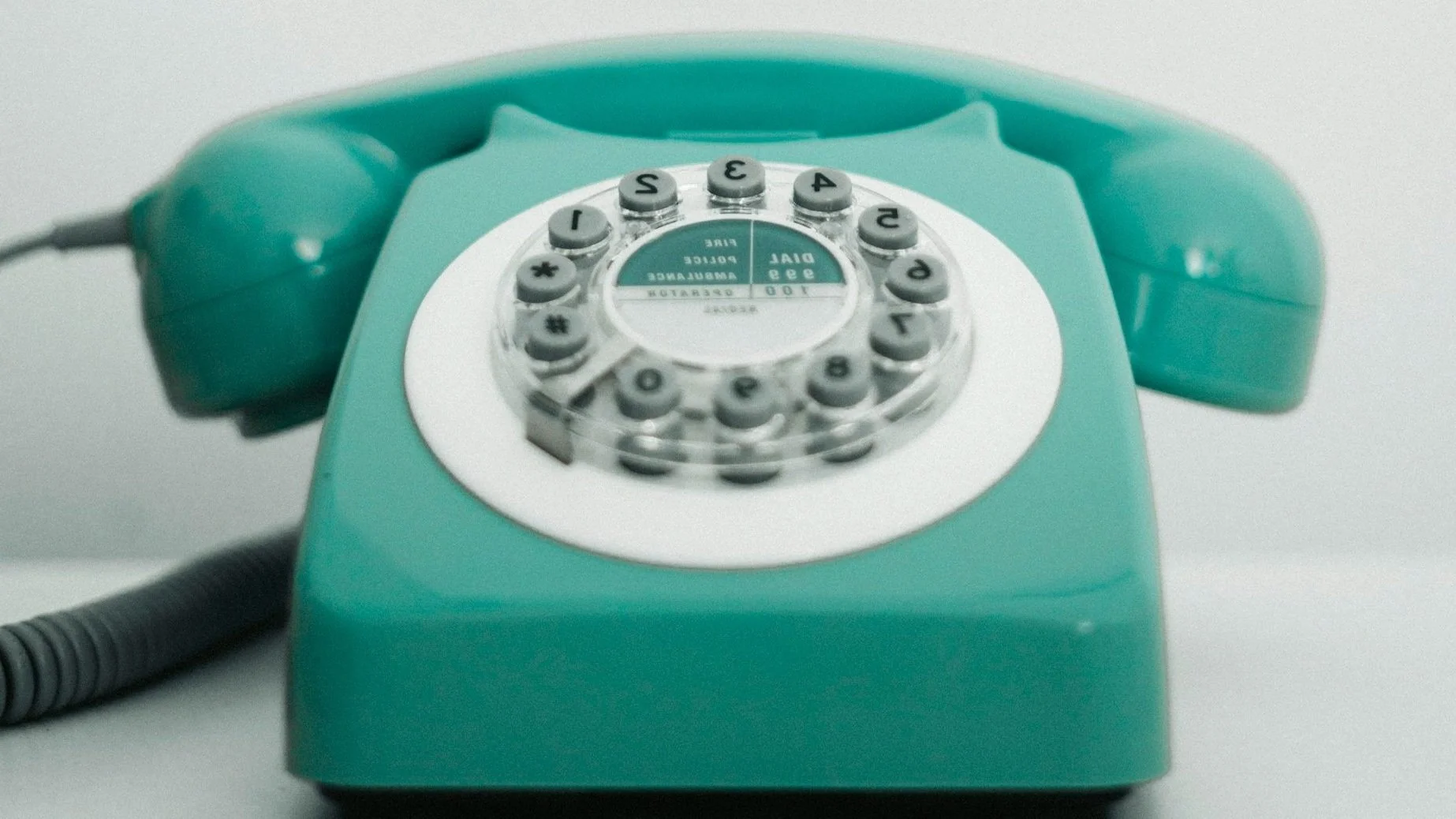The INZ Interview…
There are plenty of things, within the visa process that can strike fear in to the heart of a hopeful applicant, but the one that stands out the most (and can strike the most fear) is the dreaded INZ interview. Speaking to a INZ case officer, has turned even the most confident of people in to nervous wrecks, owing largely to the fact that the interview can often be the difference between success or failure.
In recent years, INZ have taken to conducting interviews more often, primarily as part of a verification process, to confirm that what has been said on paper, stacks up the real world. These interviews are often conducted out of the blue, with no advance warning, which makes sense, if you are trying to catch someone out. Obviously if you have done everything right, then you should have nothing to fear, however that doesn’t stop applicants who are called for an interview, making a bit of a mess of things.
Given interviews aren’t announced, there is no real way to prepare for one, other than to know that it might happen and if it does, you need to be ready to answer whatever questions INZ might present. We often tell our clients (where we have reason to believe an interview could take place) to be ready for the process, and simply to tell the truth.
However, no matter how prepared you think you might be or how confident you are, the actual call itself, can still rattle your nerves and its easy to unintentionally slip up. We had once such case recently, which thankfully for the client, ended in a very successful outcome, however it certainly added some adventure to the process. This week, we explore why interviews are conducted, how you might manage them and discuss how our client was able to avoid a potentially disastrous outcome.
Why Do Interviews Happen?
Traditionally interviews were limited to partnership applications, where INZ wanted to speak to the applicant and their supporting partner to try and establish if the relationship was genuine. They would often do these in-person, interviewing one person first and then asking the other party similar questions in a separate interview. If you didn’t know what colour toothbrush your partner used, or what they had on their toast for breakfast, it might lead INZ to ask more questions.
Interviews
INZ can interview applicants for a variety of reasons and for almost any visa application.
Interviews were also conducted for Skilled Migrants under our older policy settings, where you could potentially secure Residence without a job offer, or in more rare cases to conduct verification interviews, if something didn’t stack up right.
More recently however, INZ have been using interviews in a much wider set of circumstances, including applications for Student and Work Visas, partnership cases, Skilled Migrant applications and almost every other visa category you can think of. The vast majority of these interviews are undertaken because INZ has concerns about the application that they might not be able to clearly articulate in writing or rather they want to try and confirm their suspicions through an impromptu interview.
This was very much the case for our client, who had applied under the Straight to Residence pathway for an ICT role, with a company that hadn’t been around for an exceptionally long time. The job was legitimate, as was the company, but we could appreciate why INZ might have wanted to ask those additional questions.
If INZ does have the concerns, they do have the right to make that phone call, and even with an adviser on hand, they are under no obligation to alert us or the applicant, before the interview takes place. The difference however is that having an adviser can be incredibly useful, after the interview, particularly if you might have said something that leads the officer down the wrong path.
Interviews are not a new process, but INZ tends to deploy them in varying degrees, based on their resources and the level of risk mitigation, they are trying to achieve. When the brakes were taken off, back in late 2022, INZ wasn’t interviewing anyone and that lead to a number of people securing visas, who probably shouldn’t have. Fast forward a few years, and INZ are using interviews far more often as a means to try and manage that potential for risk.
They can also happen to almost anyone, anywhere - even if you have a visa, and are planning to travel here, INZ can interview at the airport before you board the flight. If something changes between your visa being issued and you arriving, and INZ knows about it, expect a rather challenging phone-call at the check-in counter.
What If I Get It Wrong?
No matter how prepared you think you might be for an interview, or even if your application is bullet-proof, the very thought of an interview with a foreign Government official is tremble-inducing. I recall having a client once, who I knew would be interviewed, simply because of the nature of the case. He brushed this off very nonchalantly and I recall his final words before the interview took place, “I interview people for a living, doesn’t worry me at all”. I have never seen a grown man simultaneously sweat and shake, as much as this chap did.
The Anxious Wait
The worst part of an interview with INZ is often worrying about how it went, and replaying all the things you said.
The problem with unannounced interviews is very obviously that you aren’t expecting them and when the stakes are so high, your brain tends to go in to panic mode. It is easy to say the wrong thing, say nothing at all or say too much - all actions that can lead a case officer down a path you don’t want them to go down.
For our client, this is exactly what happened and over almost 30 minutes, our client dug a hole so deep, he could have almost ended up back in his home town. This wasn’t because he was doing anything wrong necessarily but because he was so nervous, he clammed up and gave the wrong answers, focusing on the wrong information and misinterpreting what the officer was looking for. It also didn’t help him that there were language and translation issues.
That interview resulted in a lengthy letter from INZ, who argued that he wasn’t skilled and setting out the potential for a decline, unless they could be convinced otherwise. Most applicant’s in this situation, attempting this on their own would panic again and rush a response, but this is where having an adviser can be incredibly useful.
Our approach was to get a copy of the interview, review it to see if INZ asked the right questions and then formulate the response back. In the end, we were able to explain that the interview didn’t really go the way anyone wanted and that our client was in fact highly skilled and working in a very skilled role. The application was approved today.
For our client that was a very anxious wait, particularly when you consider that the fate of your family’s application to live in NZ rests largely on what you may or may not have said during that 30 minute discussion with INZ.
Need Help?
If you are preparing an application for any sort of visa, or considering embarking on this journey, it pays to understand all of the potential ins and outs of the process, particularly when it comes to how much interaction you might have with INZ. For some applicants, they will never speak to a case officer and that is how we prefer it, but for others, there may be a need to have that dreaded call.
We are usually able to pick when that might happen and can often prepare clients in advance or at the very least, be the voice of reason at the end of the process to ensure that you get a fair hearing.
For more information or to test your eligibility for residence in New Zealand, get in touch today - we promise that is one phone call that wont have you trembling (other than in excitement).
Until next week…



